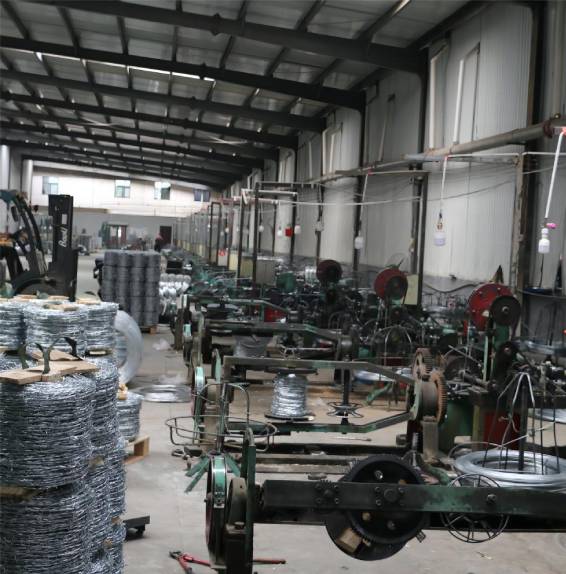18 gauge chicken wire
Understanding 18% Gauge Chicken Wire A Comprehensive Guide
When it comes to poultry farming or gardening, one of the essential materials to consider is chicken wire, specifically of the 18-gauge variety. This wire mesh is a versatile solution for creating secure enclosures for chickens, protecting your garden, or even crafting decorative elements. In this article, we’ll delve into the features, applications, advantages, and considerations of using 18-gauge chicken wire.
What is 18-Gauge Chicken Wire?
The term gauge refers to the thickness of the wire, with a lower gauge number indicating a thicker wire. An 18-gauge chicken wire is thicker and sturdier than its higher gauge counterparts, such as 20 or 22. Typically made from galvanized steel, this wire is designed to resist rust and corrosion, ensuring a long lifespan even in outdoor conditions.
Features and Benefits
1. Durability The primary advantage of 18-gauge chicken wire is its strength and durability. It can withstand the physical stress of environmental elements and persistent animal interactions. This makes it an ideal choice for both temporary and permanent enclosures.
2. Versatility 18-gauge chicken wire is not only used for fencing in poultry but also for a variety of other applications. Gardeners often utilize it to protect young plants from herbivorous pests. Additionally, it can create trellises for climbing plants or even serve as a decorative feature in landscaping designs.
3. Easy Installation Unlike heavier gauge wires that may require specialized tools for installation, 18-gauge chicken wire is relatively easy to work with. It can be cut with standard wire cutters, making it accessible for DIY enthusiasts and professionals alike.
18 gauge chicken wire

4. Cost-Effectiveness While heavier gauges are more expensive, 18-gauge chicken wire offers a great balance between cost and performance. It’s affordable without compromising on quality, making it a popular choice among hobbyists and commercial farmers.
Considerations
While 18-gauge chicken wire is generally robust, there are a few considerations to take into account
- Predator Prevention Though it’s sturdy, it may not deter larger predators like raccoons or dogs if not properly installed. It’s important to bury the wire a few inches into the ground or lay it flat around the perimeter to prevent digging.
- Mesh Size The openings of chicken wire can vary. An 18-gauge wire might feature larger openings (typically 1-inch or 2-inch squares). For smaller animals or more delicate species, a finer mesh may be required to ensure they cannot escape or be attacked by larger predators.
- Environmental Factors Despite being galvanized, extreme weather conditions can impact the wire over time. Regular inspections and maintenance can prolong the lifespan of the chicken wire.
Conclusion
In summary, 18-gauge chicken wire is a valuable and versatile tool for those involved in poultry farming, gardening, or any project requiring reliable fencing. Its durability, ease of handling, and cost-effectiveness make it a staple in many agricultural and landscaping endeavors. By understanding its features and applications, users can make informed decisions on how best to utilize this functional material. Whether you are safeguarding your flock or enhancing your garden's beauty, 18-gauge chicken wire is an asset worth considering.
-
Space-Saving Chain Fence Hacks Vertical Gardening with Cyclone MeshNewsJul.16,2025
-
Innovations in Iron Nail Wire Production for Modern ConstructionNewsJul.16,2025
-
Creative Uses of Wire Netting Fence in Modern Landscape DesignNewsJul.16,2025
-
Barbed Wire Fence Innovations in Anti-Climb TechnologyNewsJul.16,2025
-
Architectural Uses of Umbrella Nails for Aesthetic Roof DesignsNewsJul.16,2025
-
Architectural Uses of Razor Barbed Wire in Secure Urban DesignNewsJul.16,2025




